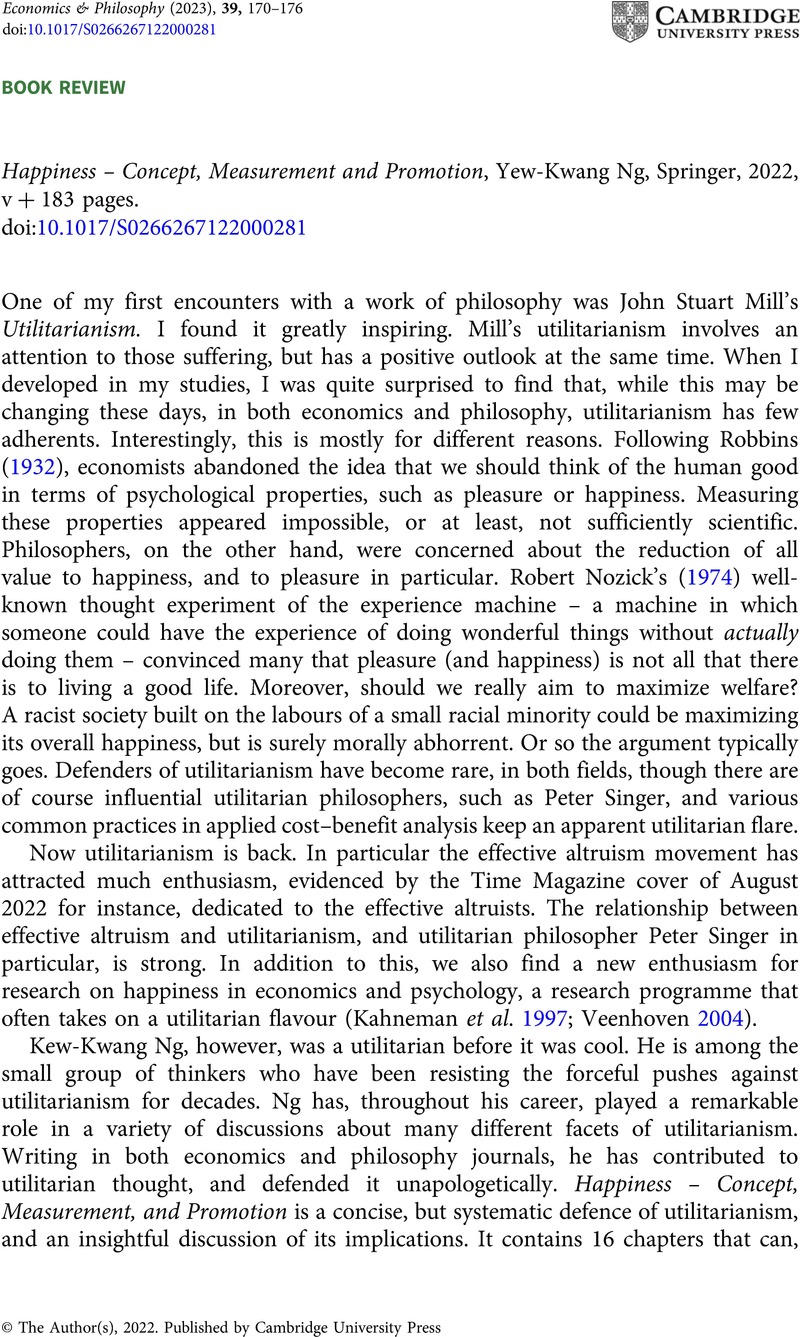Crossref Citations
This article has been cited by the following publications. This list is generated based on data provided by Crossref.
Zhao, Shuping
Li, Yongyan
Ma, Yiming
Xie, Yuguang
Lu, Wenxing
and
Liang, Changyong
2024.
Impact mechanism of social-related social media use on the job performance of caregivers of older adults.
Geriatric Nursing,
Vol. 58,
Issue. ,
p.
191.




